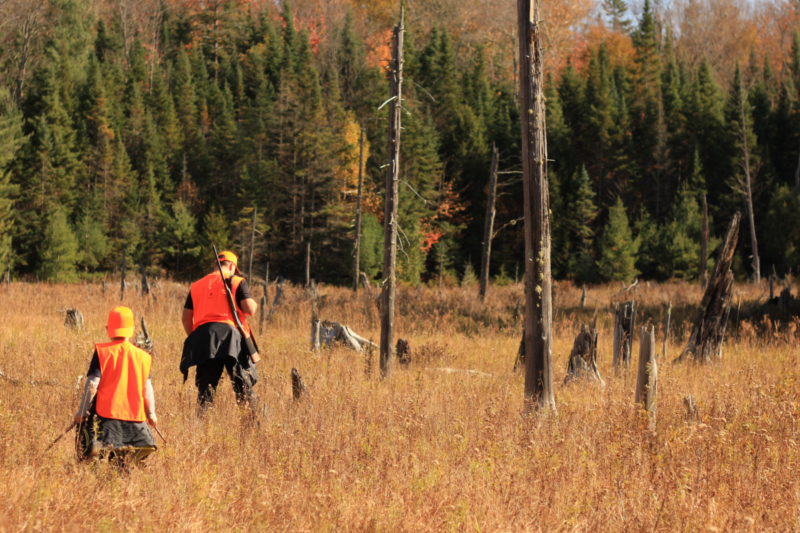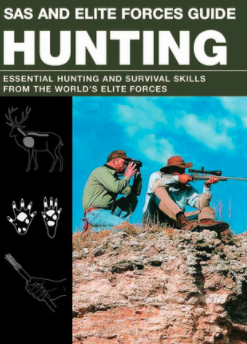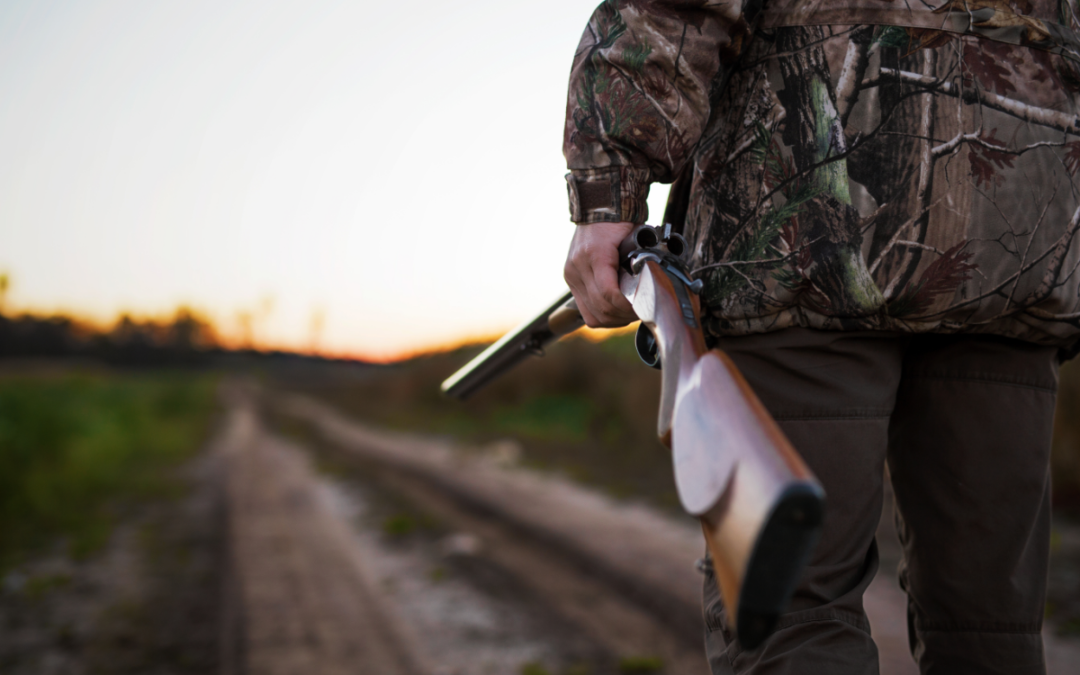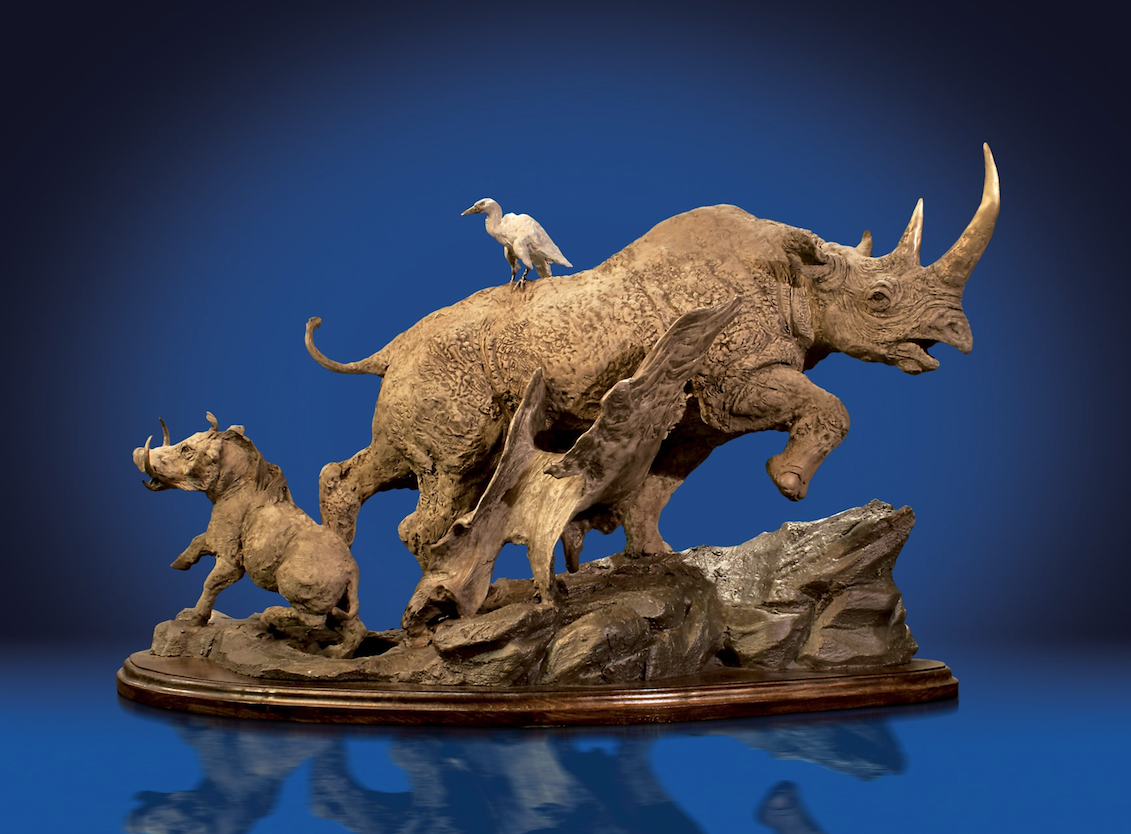Each of us carries a bit of sport’s future with us every time we set out with a gun or bow, and one critical aspect of ensuring that future is not a bleak one involves ethical behavior.
Turkey season here has come and gone. It’s time to recharge my internal batteries, pay greater attention to yard and garden duties and get in some fishing for bedding bream. All of those activities also lend themselves to another activity; namely, moments of meditation and self-reflection on whom I am as a sportsman and the duties which go with my beloved hunting pursuits.
For make no doubt about it, alongside the myriad joys associated with being afield come weighty responsibilities which are an integral and vitally important part of being a hunter. Each of us carries a bit of sport’s future with us every time we set out with a gun or bow, and one critical aspect of ensuring that future is not a bleak one involves ethical behavior.
Ethics, like morals, are not something which can be legislated, dictated or even defined to such a degree as to leave no room for doubt. Rather, sporting ethics are a state of mind, a highly personal matter which can, and probably should, vary in at least some degree from one individual to another. It is not my purpose here, and arguably not my place, to provide readers with a full definition of proper hunting ethics. Such statements exist in abundance, and if you want to contact me for some suggestions regarding excellent literary offerings on the subject feel free to do so. I’ll respond. Beyond that, virtually every conservation-related hunting organization has a code of ethics. So do many hunting clubs. But the finest code, and certainly the most meaningful one, can only come from one place. It must originate within you and be formulated by you. The basic thoughts on our ethical responsibilities as hunters which followed are offered with that consideration in mind, but it’s ultimately up to every hunter to craft, within the established bounds of what is legal, a code with which he is comfortable.

The ultimate goal of a personal sporting code of ethics should be striving for a meaningful grasp of one of the most elusive of human qualities, true introspection. Image: Canva
What is ethical hunting?
Ethics generally, whether in a hunting context or in life, involve self-respect, respect for the rights of others, and adherence to a set of commonly accepted values. You can begin to come to grips with those values by asking yourself some basic questions about your approach to hunting. Is killing, and especially killing of trophies, of pre-eminent importance to you? Are you a serious student of the sport and the species you hunt? Do you always practice the elements of firearms safety, even when by yourself? How large do matters of ego loom in your hunting? Do you utilize, as food and in other fashions, what you kill? Are you deeply concern about the hunting enjoyment of others? Do you compete primarily with other hunters, or with your quarry? Do you put at least as much into sport as you receive from it?
Some of the appropriate answers are obvious, but for other questions there is ample room for debate. Personally, competition with other hunters means little to me, but there are those who would argue, and convincingly, that it is as much a part of sport inasmuch as it is a concept central to the American way of life. Also, to be completely honest, I’ll also readily acknowledge that when I was younger I was far more of a “competitive” hunter than I am today.
Similarly, I suspect that those who give a great deal to the outdoors in forms varying from hard dollars to volunteerism might be of virtually one voice in saying that they reap far more in the terms of benefits than they sow. Those benefits come in a sense of well-being, inner satisfaction and the comfort associated with “giving back.”
In the end though, the inescapable conclusion one reaches is that hunting ethics, taken in their widest and most important context, revolve around pride—pride in one’s self as an outdoorsman, as a conservationist and most of all as a person. Ethics also involves liberal application of the Golden Rule. If some action on the part of another hunter would irritate you, then it is almost certainly unethical by your own philosophical standards. Likewise, if you have second thoughts about some aspect of contemplated behavior afield, even if it is perfectly legal, the deed is best left undone.
In short, the ultimate goal of a personal sporting code of ethics should be striving for a meaningful grasp of one of the most elusive of human qualities, true introspection. Or, in the timeless words of the poet Robert Burns, sportsman should have as their ethical mantra:
Oh wad some power the giftie gie us
To see oursel’s as others see us!
Note: Jim Casada is a full-time writer who has written or edited dozens of books over his long career, and he is Editor-at-Large for Sporting Classics. To learn more about his work or to contact him, visit his website Jim Casada Outdoors.
 Elite Forces Handbook of Hunting and Shooting demonstrates the core skills involved in being a self-reliant hunter. Includes detailed illustrations from tracking large game to shooting wild pheasant, this book is the essential guide to finding, killing and surviving off animals in the wild. Shop Now
Elite Forces Handbook of Hunting and Shooting demonstrates the core skills involved in being a self-reliant hunter. Includes detailed illustrations from tracking large game to shooting wild pheasant, this book is the essential guide to finding, killing and surviving off animals in the wild. Shop Now




